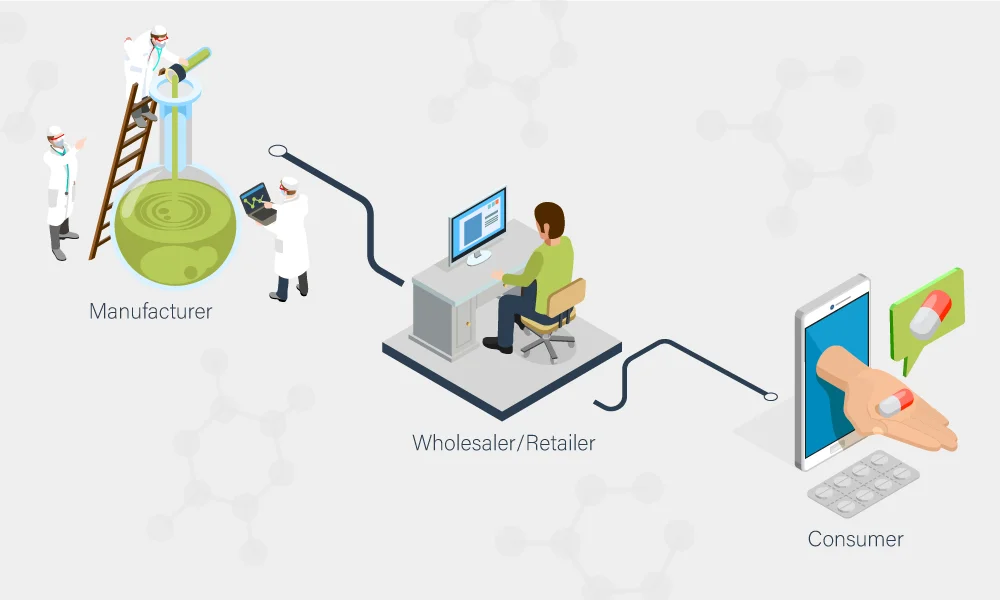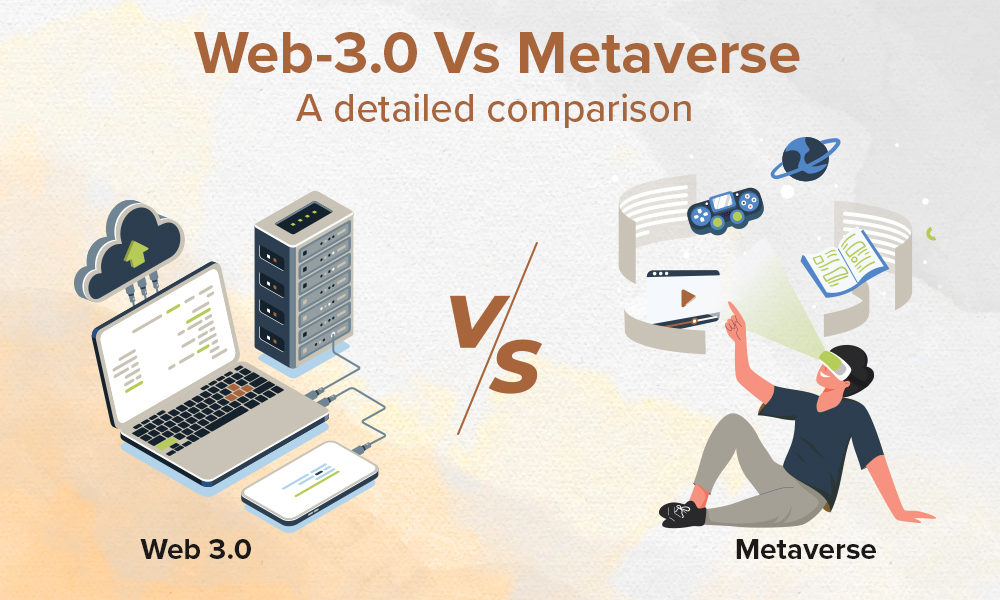The global pharmaceutical industry is expected to reach $1170 billion in 2021 from $934.8 billion in 2017, according to a recent report by the Business Research Company. The pace of market growth, though, increased in 2018 from 2017 (5.8% from 5.2%), it is still slower considering the potential of the industry.
Concerns about privacy and transparency in clinical trials, counterfeit drugs, and efficiency of drug supply chains have the potential to impede the industry’s overall growth. Blockchain proves to be a revolutionary technology that is well suited for use cases involving tracking and tracing, product provenance, and supply chain management. A recent survey conducted by the Pistoia Alliance found that 60% of professionals in the pharma and life sciences industries were using or experimenting with blockchain in 2018.
In its simplest form, blockchain is a distributed ledger technology that is used to record transactions or anything which has value. The information is stored in a chain of blocks, which is traceable, can’t be altered, and updates in real-time across all nodes.
Blockchain has the potential to modernize the pharmaceutical industry and offer transparency and trust to verify and audit any activity. Some of the crucial use cases of blockchain in the pharma industry are as follows:
Tracking drug supply chain
A lack of visibility into the drug supply chain might be the root cause of many problems faced by the pharma industry. One of the main reasons for the lack of visibility is the incompatible tracking systems that make it difficult to track drugs from manufacturers to end customers. Moreover, stringent regulations by public authorities like Food and Drug Administration adds to the challenges.
Due to its inherent transparency, immutability, and traceable nature, blockchain enhances drug supply chain that allows any participant to gain real-time data access and greater visibility throughout the journey. The technology also helps to stop the flow of stolen or counterfeit drugs entering the supply chain.
Use case
The MediLedger project, launched in 2017, brought together some of the leading drug manufacturers and distributors using an advanced blockchain-based supply chain management system. MediLedger helps to keep an unalterable record of transactions to demonstrate regulatory adherence and enhance security in the supply chain.
Combatting counterfeit drugs
With the global counterfeit drug market valued at $200 billion annually, it poses a major risk to the end customers and also causes a huge revenue loss to the legitimate companies.
Drug manufacturers that produce and deliver products face challenges in keeping track of their products, allowing fake drugs to enter the market. The problem is not just limited to fake drugs, but also extends to medical instruments.
The blockchain technology seems well suited here as it can govern the complete supply chain making it more secure. As the drug moves through the supply chain, the data can be stored on blockchain, thereby offering a distributed provenance ledger which is updated in real-time. It will make it harder for counterfeit drugs from being entered and distributed in the market.
Use case
Checamed, a mobile app developed in 2017, allows the consumers to check the medicine provenance and general details by scanning a QR code.
Clinical trial management
There are a number of use cases for integrating blockchain into clinical trial management. However, two stand out for their immense potential:
- Blockchain provides transparency of consent in clinical trials
Failure to obtain informed consent from patients and unapproved forms are a few challenges that the industry faces in clinical trial management. Blockchain provides a solution to these problems by time-stamping the consent forms and storing them in a secure online ledger. Authorized participants can view the consent forms though blockchain any time at any place.
- Blockchain offers a secure and immutable space to store clinical trial data
The inherent nature of blockchain being immutable prevents tampering with clinical trial results, thus improving the reliability of the data. The technology also allows patients to access and control the data and make it visible only to the authorized professionals.
Use case
A Germany-based pharmaceutical’s Canadian arm has tested IBM blockchain to check how blockchain can address quality issues with clinical trial processes and records.
Conclusion
The pharmaceutical industry is just beginning to explore the benefits and its positive effects of blockchain in the current processes. Although several solutions are live and working currently, there is still a lot of distance to be covered to leverage its full potential.
That said, we cannot overlook the challenges that companies might face in implementing the technology. Businesses in major sectors are still trying to explore ways to integrate blockchain with their current working models. The complexities increase further as most of them are still unfamiliar with the technology and its different aspects. With the resources and experience in helping businesses adopting the latest techs, Akeo can help you leverage blockchain into your current services.
Considering the possible advantages offered by the emerging technology — especially in the areas of supply chain transparency, product traceability, and real-time data access with sound security — it is safe to assume that the pharma industry will be amongst the top adopters of blockchain in the coming years.



.jpg)
